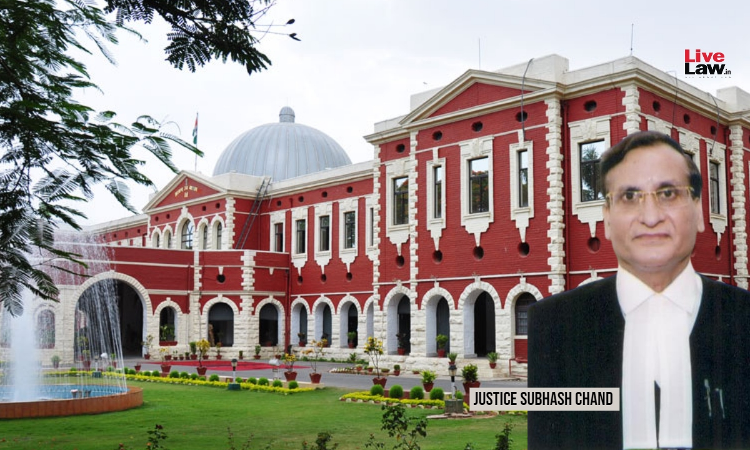The Jharkhand High Court has ruled that a co-owner of a property cannot object to the execution of a decree simply because they were not included as a party in the eviction suit initiated by one of the co-owners. This decision underscores the limitations of a co-owner's rights in such proceedings.The Court clarified that such an objection under Section 47 of the Civil Procedure Code (CPC) is...

